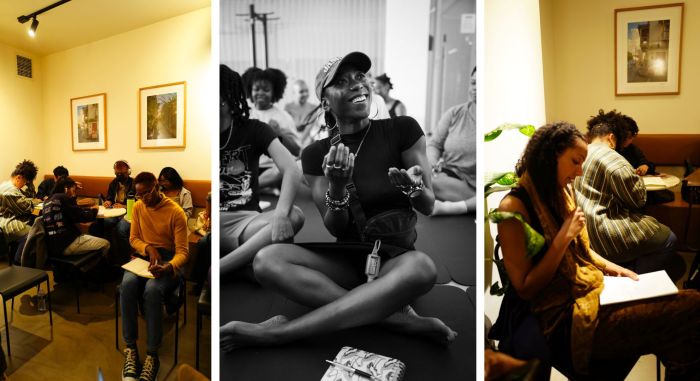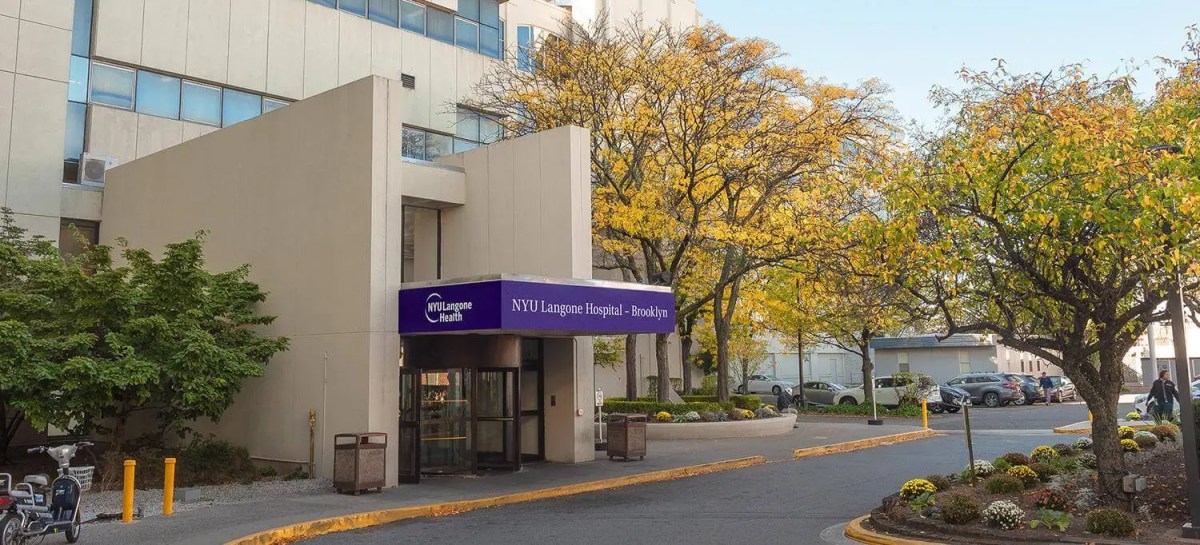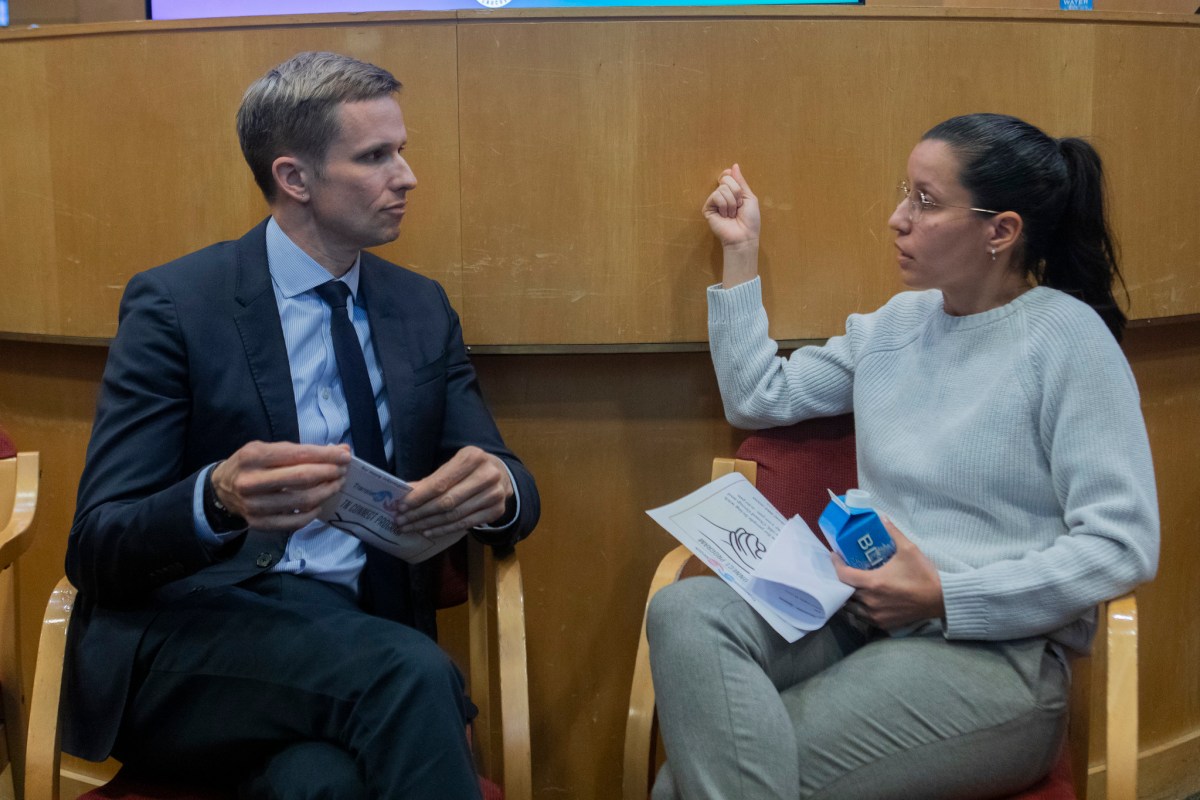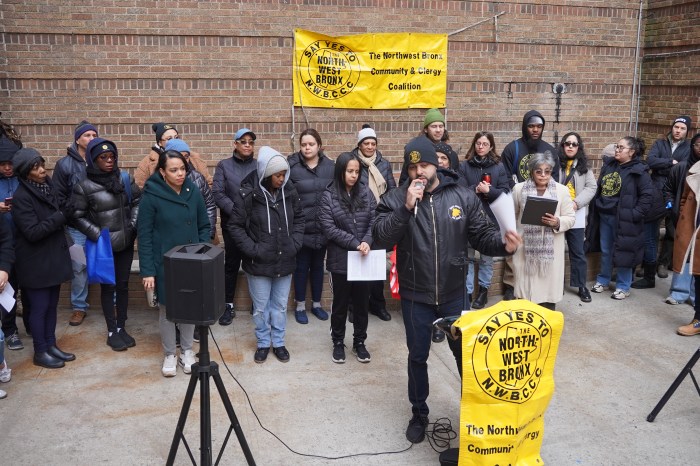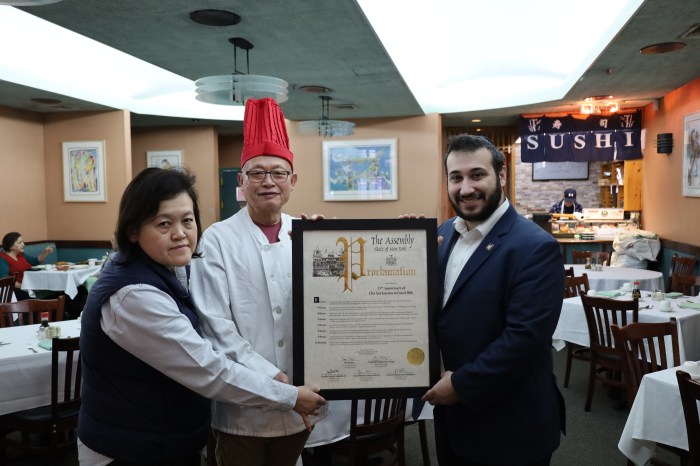Sexually transmitted infections (STIs) have spiked in New York City, and local health officials are urging residents to put safety first when hooking up.
Cases of syphilis, gonorrhea and chlamydia rose significantly from 2021 to 2022, when the most recent data is available, according to a report that the city’s Department of Health and Mental Hygiene released Tuesday, on the eve of Valentine’s Day.
“Getting tested for STIs is of utmost importance,” said Dr. Sarah Braunstein, a Health Department expert on STIs. “Knowing your STI status allows you to take care of yourself and your sexual partners, get treatment if you need it, and acts as a gateway into longer-term sexual health care.”
The researchers behind the report believe that the spike in infections resulted largely from the city lifting COVID-19 restrictions on social gathering, which allowed city-dwellers to get hot and heavy with each other after months of relative isolation.
By the numbers
According to the report, the chlamydia rate increased around 5% for men, and 1% for women, between 2021 and 2022. Troublingly, the infected population skews significantly younger — as women between the ages of 15 and 24 had an infection rate five times that of the general female population. That cohort accounted for nearly 58% of all females that reported having chlamydia.
Meanwhile, the gonorrhea rate increased 11% among men, with younger males being the most susceptible to “the clap.” However, female gonorrhea rates actually decreased by 15% between 2021 and 2022, which researchers attributed to a growing general knowledge among sexually active New Yorkers.
Yet, women were not spared from an eye-popping 36% spike in syphilis rates. Men also faced the infection at higher rates in 2022, though that group only saw a 3% jump, according to the report.
“The data underscore the importance of sexual health support and services,” said Health Commissioner Ashwin Vasan. “As more people return to care, our detection improves. Yet we also have so much work to promote equitable access to care and delivery of services. We’ll be communicating with our partners in health care and with community-based organizations to continue building on effective strategies to promote health and prevent sexually transmitted infections.”
According to Vasan, the spike in rates of STIs has not affected every community equally, with Black and Hispanic individuals seeing notably higher rates of infections.
Syphilis rates within the male demographic, for example, show that Black men carried the infection at a rate of nearly 2.4 times that of white men, the report shows.
Disparities in the rates
Meanwhile, less affluent communities of all races saw higher STI rates, as chlamydia and gonorrhea were present nearly twice as much within “poverty neighborhoods,” where 30% of the population is living below the poverty line.
The LGBTQ+ population is also disproportionately harmed by the spike in STIs, as that community saw nearly twice as many infections per-capita.
To address the disparities between race, sexual orientation, and income, the Department has begun partnering with local community groups in those areas to create more awareness among residents about prevention methods and testing.
“Open access to data is essential to finally eliminating stubborn health disparities,” said Dr. Joseph Osmundson, of New York University. “STIs disproportionately affect New Yorkers living with HIV, queer people, unhoused people, Black and Brown residents, and those at the intersections of these identities.”
Amid the spike in sexually transmitted infections, the Health Department has begun rolling out more services to stop the spread, including their Sexual Health Clinics and Sexual Health Clinic Hotline, which offer testing for infections at little or no cost.
With clinics in every borough, the testing locations are available Monday to Friday, while the Sexual Health Clinic Hotline allows for remote appointments at 347-396-7959.
For more information on STI testing locations, visit nyc.gov/health/sexualhealthclinics.




